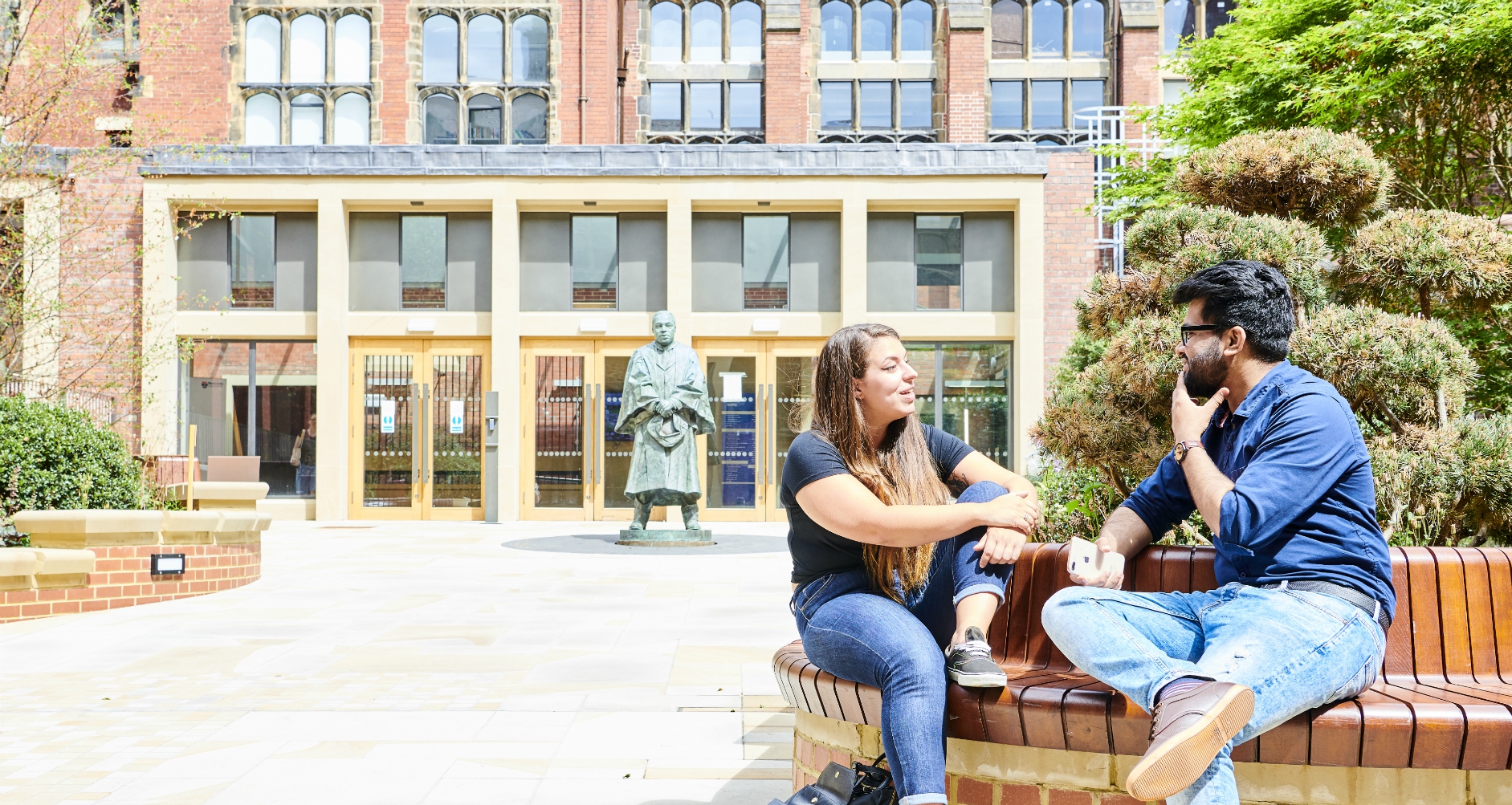Lord Armstrong's Legacy
William George Armstrong (1810-1900), 1st Baron Armstrong, was a noted industrialist, engineer, scientist, inventor and philanthropist.
Following his death in 1900, Armstrong College, now the Armstrong Building at Newcastle University, was named after him.
At the time, this would have been a fitting tribute to someone who had contributed so much to the North East.
In 2020, following the murder of George Floyd in the USA and the awareness raised by the Black Lives Matter movement, people across the world questioned why figures potentially linked to the slave trade, colonialism and imperialism, continued to be commemorated with building names and statues.
Lord Armstrong, who was the owner of a number of armaments factories, was named by some amid concerns that he had sold weapons to the confederacy during the American Civil War.
Additionally, Newcastle University Students’ Union held a vote on whether the Armstrong Building should be renamed and, while students voted to retain the name, the University decided there should be further investigation into his legacy.
The year-long investigation, involving students and colleagues from across the University, could find no evidence that Armstrong had sold arms to the confederacy or that he or his company had endorsed slavery or racism. However, as the founder of one of the World’s largest armament companies, the weapons and warships he sold as a global concern were used in a number of imperial and colonial campaigns.
Armstrong’s links to the University reach back to 1887 when he laid the foundation stone for the College of Science, at the time still part of the University of Durham and before it became Newcastle University in 1963. It is this building, the College of Science, that would later become the Armstrong Building.
Lord Armstrong was the largest individual donor to the original College of Science, contributing £600 towards the £6000 needed in total to build it, and he continued to give the College financial support over the years to come.
While some of the money Armstrong donated came from his civilian engineering projects, most of it was undoubtedly generated by what was then Armstrong, Mitchell & Co.’s manufacturing of arms for a global market.
Known as the ‘Magician of the North’, Lord Armstrong has left a long-lasting impact upon the region, and his achievements, such as inventing the hydraulic crane and designing Newcastle’s famous Swing Bridge, which was designed to allow ships to sail up the Tyne to his factories, still elicit pride.
Further north, his home, Cragside, was the first house to be lit by hydroelectricity and remains a popular tourist destination, as is Bamburgh Castle which he bought in 1894 and spent £1m repairing. The Castle remains in the Armstrong family to this day.
When examining our past and the people who have helped to shape Newcastle University, it is important that we recognise that their legacies can be complicated; that they can have achieved great things while also being responsible for actions we might rightly question today.
The University’s investigation into Armstrong’s legacy is part of an ongoing project to delve more deeply into the history of the University and its campus and to acknowledge the injustices perpetrated under imperialism, which echo to this day.
As part of ongoing investigations, evidence has come to light that King Leopold II of Belgium, whose regime was responsible for the murder of up to 10 million Africans, donated £500 to the institution on 26 September 1889. Details of this donation have been researched as part of an initial scoping project by one of our postgraduate students and the full report can be found here.
Newcastle University wants to be welcoming to everyone who works, studies and visits. Our ongoing race equality work aims to improve the representation, experience, progression and success of racially-minoritised colleagues and students. It gives us a framework through which we can critically reflect and act upon the barriers that still exist. Looking back at our past forms an important part of this process.
